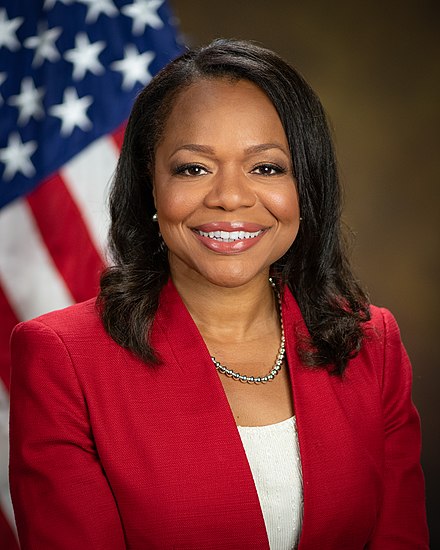I’m a fan of Gillian Flynn’s novels, and I enjoyed the film adaptation of Gone Girl (2014). So I thought: why not give Dark Places (2015) a try? Although I had read the 2009 novel, enough years had passed that much of the plot had seeped out of my mind. (That happens more and more often, the older I get.)
First, the acting. The two female leads in this movie (Charlize Theron, Chloë Grace Moretz) were perfect choices. Charlize Theron has proven herself willing to downplay her physical beauty for the sake of a dramatically challenging antihero role. (See her performance as Aileen Wuornos in Monster (2003).) And the lead role of Libby Day, the tragic but unlikable protagonist of Dark Places, forced her to make the most of these skills.
Chloë Grace Moretz, meanwhile, played the teenage femme fatale, Diondra Wertzner, in the backstory scenes (which comprise a significant portion of the movie). Moretz provided just the right blend of sex appeal and darkness that this character required, more or less what I imagined while reading the novel.
I’ve been following Moretz’s career since her breakout role as a child vampire in Let Me In (2010). Now in her twenties, Moretz seems almost typecast as a dark/horror movie actress; but she always manages to pull off the perfect creepy female character. (Note: Be sure to watch Let Me In if you haven’t seen it yet.)
Dark Places kept me glued to the screen. As I was watching the film, the plot of the book came back to me. Dark Places remained faithful to its literary source material, but in a way that moved the plot along more smoothly than the novel did. (This might be one of those rare cases in which the movie is actually a little better than the novel, which—despite being good—drags in places.)
As alluded to above, Dark Places is primarily set in the twenty-first century, with a significant portion concerning flashback events of 1985, when the adult characters were children or teenagers.
I was 17 in 1985, and I remember that era well. Much of this part of the story revolves around rumors of teenage “devil worship”, and the influence of “satanic” heavy metal: Dio, Iron Maiden, Black Sabbath, Ozzy Osbourne. This is an old controversy that I hadn’t thought about much in decades. Dark Places brought some of those long-ago debates back to me.
I listened to plenty of heavy metal back in the 1980s. (I still do). The heavy metal of Ronnie James Dio, Black Sabbath, Ozzy Osbourne and Iron Maiden does not encourage satanism, any more than films like The Exorcist encourage satanism. But like The Exorcist, some ‘80s heavy metal does dwell excessively on dark themes. And here is where the source of the confusion lies.
I never had the urge to draw a pentagram on my bedroom wall or sacrifice goats while listening to Blizzard of Oz or Piece of Mind. Nor did I detect any dark exhortations in the lyrics, whether overt or subliminal.
Since the 1980s, Ozzy Osbourne has become a reality TV star. Iron Maiden’s lead singer, Bruce Dickinson, has emerged as a polymath who writes books and flies commercial airliners when not on tour.
Ozzy strikes me as one of the most gentle people you might ever meet. Dickinson, meanwhile, is a conservative (in the British context of that political label) and a eurosceptic. Neither man fits the profile of the devil-worshipping maniac.
I will admit, though, that some 80s metal music became a bit cumbersome to listen to on a regular basis. I eventually moved on to more light-hearted, commercial rock like Def Leppard. I still listen to a lot more Def Leppard than Ozzy Osbourne or Iron Maiden. But I digress.
The 1980s fear-mongering over heavy metal turned out to be just that: fear-mongering. Although I’m sure there were isolated real-life horror stories, I didn’t know a single kid in the 1980s who was into satanism. The teenage satanists of the 1980s existed almost entirely within the fevered imaginations of a few evangelical preachers and their followers.
Back to Dark Places. The problem (with both the book and the movie) is that it is a fundamentally depressing story, without any characters that the reader/viewer can wholeheartedly root for. While there is a reasonable conclusion, there is nothing approaching a happy ending, or even a satisfying ending. That is a central flaw that no acting or directing talent can rectify.
This doesn’t mean that the movie isn’t worth watching. It is. But make sure you schedule a feel-good comedy film shortly thereafter. You’ll need it. And don’t watch Dark Places if you’re already feeling gloomy or depressed.
-ET

